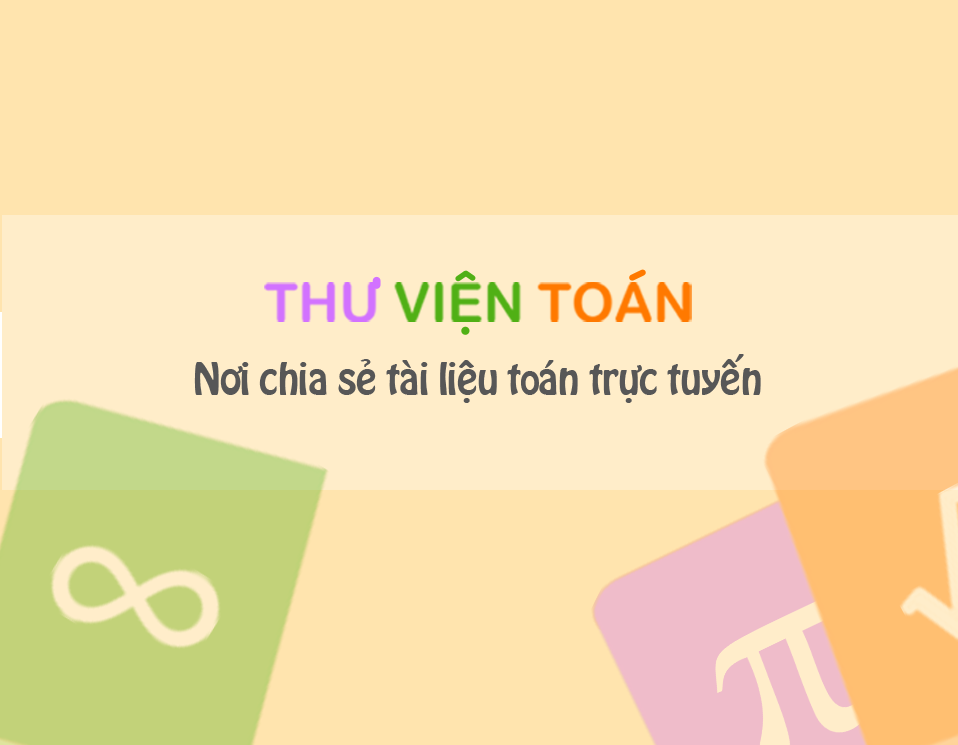Thuvientoan.net xin gửi đến bạn đọc tài liệu Đề thi thử Tốt nghiệp THPT năm 2022 môn Tiếng Anh THPT Nguyễn Đức Cảnh.
Mark the letter A, B, C, or D on your answer sheet to indicate the sentence that best combines each pair of sentences in the following questions.
Question 26. Jim was about to enter the crime scene. He was stopped by a policeman right then.
A. Only after Jim had entered the crime scene was he stopped by a policeman.
B. Were it not for Jim’s intension of entering the crime scene, he would not be stopped by a policeman.
C. Hardly had Jim intended to enter the crime scene when he was stopped by a policeman.
D. Not until was Jim stopped by a policeman that he started to enter the crime scene.
Question 27. Her Internet connection is not stable. She cannot email her assignment.
A. If her Internet connection had been stable, she could have emailed her assignment.
B. If only her Internet connection is stable, so that she could email her assignment.
C. She wishes her Internet connection were stable and she could email her assignment.
D. If her Internet connection were not stable, she couldn’t email her assignment.
Read the following passage and mark the letter A, B, C, or D on your answer sheet to indicate the correct answer to each of the questions.
Plastic is putting a strain on waste management systems, our oceans, and vulnerable communities the world over. A wave of single-use plastic bans is sweeping the country and the globe—most often on plastic bags, straws, stirrers, and takeout clamshells. Some places are going so far as to ban single-use plastics entirely; most notably, India intends to go this route by 2022. Among the U.S. cities to outlaw plastic straws are Malibu, Berkeley, Seattle, and Miami Beach. Plastic bag bans—ideally accompanied by a fee on paper bags—are also catching on. New York State and Hawaii just passed theirs, set to go into effect in 2020, and California’s bag ban, which was passed in 2014, has been shown to have reduced plastic bag usage by 85 percent (with some customers opting to pay a 10 cent fee for thicker plastic bags) and has reduced coastal pollution.
What do the bans accomplish? They prevent millions of tons of plastic from entering the waste stream each year. And when it comes to waste that lasts forever, every ton counts. In New York, 23 billion plastic bags are used by residents each year. Not only does banning single-use plastic reduce pollution, but it also reduces demand for plastic production that’s contributing to global climate change. But beyond these impacts, the bans have cultural effects. Companies are forced to innovate, rethinking their designs and sourcing sustainable materials. And they help shift consumer mind-sets, as people begin to recognize that exorbitant and avoidable waste is not sustainable.
(Adapted from: https://www.nrdc.org/)
Read the following passage and mark the letter A, B, C, or D on your answer sheet to indicate the answer to each of the question.
Culture is a word in common use with complex meanings, and is derived, like the term broadcasting, from the treatment and care of the soil and of what grows on it. It is directly related to cultivation and the adjectives cultural and cultured are part of the same verbal complex. A person of culture has identifiable attributes, among them a knowledge of and interest in the arts, literature, and music. Yet the word culture does not refer solely to such knowledge and interest nor, indeed, to education. At least from the 19th century onwards, under the influence of anthropologists and sociologists, the word culture has come to be used generally both in the singular and the plural (cultures) to refer to a whole way of life of people, including their customs, laws, conventions, and values.
Distinctions have consequently been drawn between primitive and advanced culture and cultures, between elite and popular culture, between popular and mass culture, and most recently between national and global cultures. Distinctions have been drawn too between culture and civilization; the latter is a word derived not, like culture or agriculture, from the soil, but from the city. The two words are sometimes treated as synonymous. Yet this is misleading. While civilization and barbarism are pitted against each other in what seems to be a perpetual behavioural pattern, the use of the word culture has been strongly influenced by conceptions of evolution in the 19th century and of development in the 20th century. Cultures evolve or develop. They are not static. They have twists and turns. Styles change. So do fashions. There are cultural processes. What, for example, the word cultured means has changed substantially since the study of classical (that is, Greek and Roman) literature, philosophy, and history ceased in the 20th century to be central to school and university education. No single alternative focus
emerged, although with computers has come electronic culture, affecting kinds of study, and most recently digital culture. As cultures express themselves in new forms not everything gets better or more civilized.
The multiplicity of meanings attached to the word made and will make it difficult to define. There is no single, unproblematic definition, although many attempts have been made to establish one. The only non-problematic definitions go back to agricultural meaning (for example, cereal culture or strawberry culture) and medical meaning (for example, bacterial culture or penicillin culture). Since in anthropology and sociology we also acknowledge culture clashes, culture shock, and counter-culture, the range of reference is extremely wide.

Tài liệu
Like fanpage của thuvientoan.net để cập nhật những tài liệu mới nhất: https://bit.ly/3g8i4Dt.
THEO THUVIENTOAN.NET



